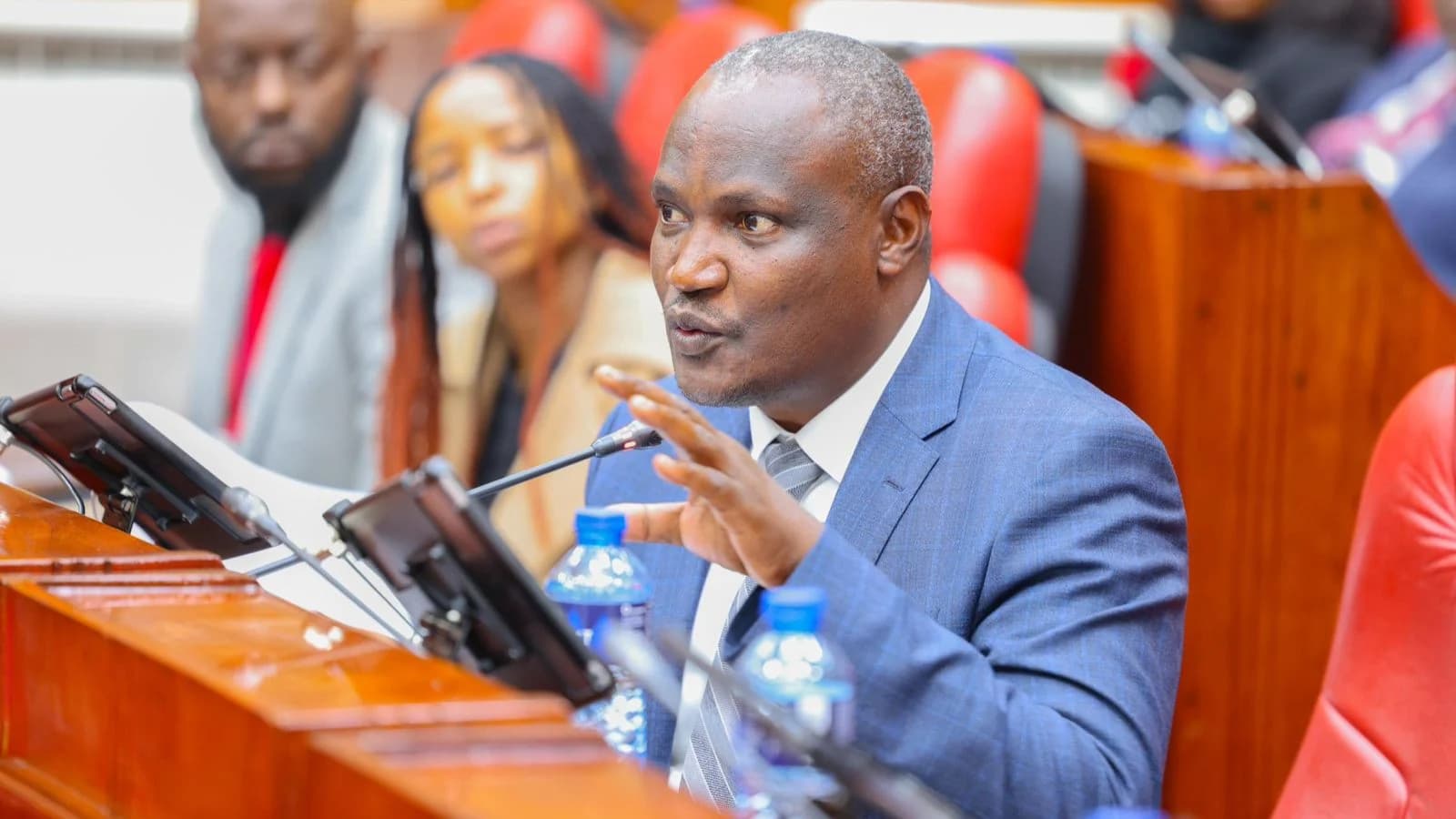We're loading the full news article for you. This includes the article content, images, author information, and related articles.
Treasury CS John Mbadi says he has not approved the proposed public–private partnership to expand the Nairobi–Nakuru highway, noting that the project is still under procurement and will undergo thorough review before moving forward.

Nairobi, Kenya – Treasury Cabinet Secretary John Mbadi has moved to clear the air over reports that a Chinese-led consortium had already secured the contract to expand the 175-kilometre Rironi–Mau Summit highway. Speaking on August 29, Mbadi confirmed that no approval has yet been issued by the Treasury, stressing that the project remains at the procurement stage and is subject to thorough vetting before any financial clearance is granted.
According to Mbadi, the expansion will be executed under a public–private partnership (PPP) model, with bids submitted by several consortia, including one led by China Road and Bridge Corporation (CRBC) in partnership with the National Social Security Fund (NSSF). He underscored that his office will review the documentation in detail to ensure the project adheres to financial prudence and delivers value for money before granting Treasury approval.
“The decision has not been made. We are still evaluating the submissions, and Treasury’s role is to ensure that the financial implications are viable and sustainable,” Mbadi said.
The proposed project seeks to modernise one of Kenya’s busiest corridors linking Nairobi, Naivasha, Gilgil, and Nakuru to the Rift Valley. Planned works include:
Widening the current single carriageway into a dual carriageway.
Construction of modern interchanges at critical junctions.
Installation of weighbridges to enforce axle-load control.
Roadside service lanes and safety enhancements to ease congestion.
Officials say the upgrade will cut travel time, enhance road safety, and improve the efficiency of trade and movement between Nairobi and western Kenya, a route critical for transporting goods to Uganda, Rwanda, and South Sudan.
Public consultations are ongoing in Kiambu, Nyandarua, and Nakuru counties, focusing on land acquisition procedures, resettlement of affected households, toll charges, and the project’s environmental impact. Civil society groups and local leaders have urged transparency, fearing that toll fees could increase the cost of living for commuters and traders.
Environmental activists have also called for safeguards to prevent deforestation and manage runoff, warning that poor planning could damage water catchments in the Rift Valley.
The Rironi–Mau Summit highway upgrade has faced repeated delays since it was first proposed nearly a decade ago. Previous concession agreements collapsed amid financing disputes and legal challenges, raising concerns about governance and investor confidence. This history has made oversight a priority for Treasury, with Mbadi vowing not to repeat past mistakes.
Analysts say the PPP model can unlock large-scale infrastructure projects without overburdening public debt but warn that weak oversight could lead to inflated costs and burdensome toll regimes.
If approved, the project is expected to create thousands of jobs during construction, cut freight and passenger travel times, and strengthen Kenya’s role as a regional trade hub by improving access to the Northern Corridor. Businesses along the route anticipate an economic boost from improved logistics and mobility.
“The highway is not just a road; it is an artery of East Africa’s economy. Getting it right will define Kenya’s competitiveness in the region,” said transport economist Dr. Eric Mutua.
For now, the Rironi–Mau Summit project awaits Treasury clearance, with Mbadi signalling that every financial and technical detail must withstand scrutiny before construction can begin.
Keep the conversation in one place—threads here stay linked to the story and in the forums.
Sign in to start a discussion
Start a conversation about this story and keep it linked here.
Other hot threads
E-sports and Gaming Community in Kenya
Active 9 months ago
The Role of Technology in Modern Agriculture (AgriTech)
Active 9 months ago
Popular Recreational Activities Across Counties
Active 9 months ago
Investing in Youth Sports Development Programs
Active 9 months ago
Key figures and persons of interest featured in this article